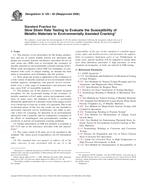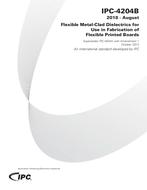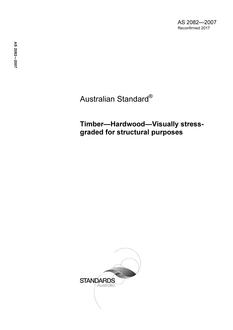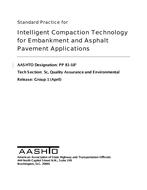
ASTM G129-00(2006) PDF
Original price was: $58.00.$35.00Current price is: $35.00.
Standard Practice for Slow Strain Rate Testing to Evaluate the Susceptibility of Metallic Materials to Environmentally Assisted Cracking
standard by ASTM International, 11/01/2006
1.1 This practice covers procedures for the design, preparation, and use of axially loaded, tension test specimens and fatigue pre-cracked (fracture mechanics) specimens for use in slow strain rate (SSR) tests to investigate the resistance of metallic materials to environmentally assisted cracking (EAC). While some investigators utilize SSR test techniques in combination with cyclic or fatigue loading, no attempt has been made to incorporate such techniques into this practice.
1.2 Slow strain rate testing is applicable to the evaluation of a wide variety of metallic materials in test environments which simulate aqueous, nonaqueous, and gaseous service environments over a wide range of temperatures and pressures that may cause EAC of susceptible materials.
1.3 The primary use of this practice is to furnish accepted procedures for the accelerated testing of the resistance of metallic materials to EAC under various environmental conditions. In many cases, the initiation of EAC is accelerated through the application of a dynamic strain in the gauge section or at a notch tip or crack tip, or both, of a specimen. Due to the accelerated nature of this test, the results are not intended to necessarily represent service performance, but rather to provide a basis for screening, for detection of an environmental interaction with a material, and for comparative evaluation of the effects of metallurgical and environmental variables on sensitivity to known environmental cracking problems.
1.4 Further information on SSR test methods is available in ISO 7539 and in the references provided with this practice
1.5 &si-value;
This standard does not purport to address all of the safety concerns, if any, associated with its use. It is the responsibility of the user of this standard to establish appropriate safety and health practices and determine the applicability of regulatory limitations prior to use.
Product Details
- Published:
- 11/01/2006
- Number of Pages:
- 7
- File Size:
- 1 file , 110 KB
- Redline File Size:
- 2 files , 210 KB
- Note:
- This product is unavailable in Russia, Ukraine, Belarus



